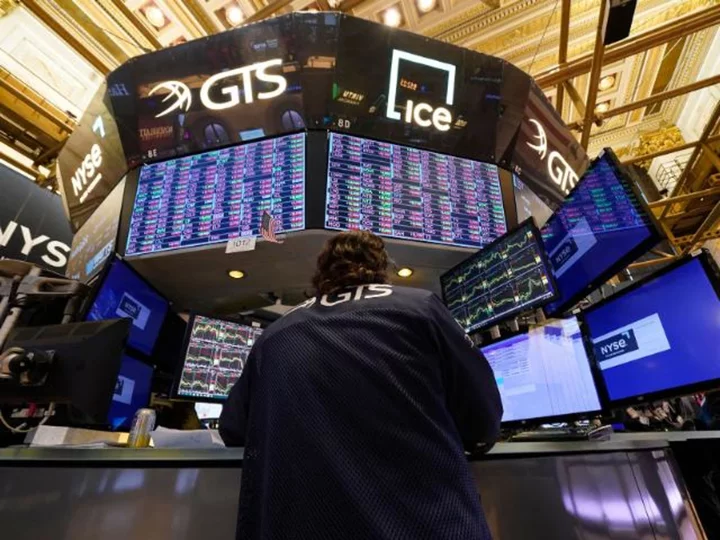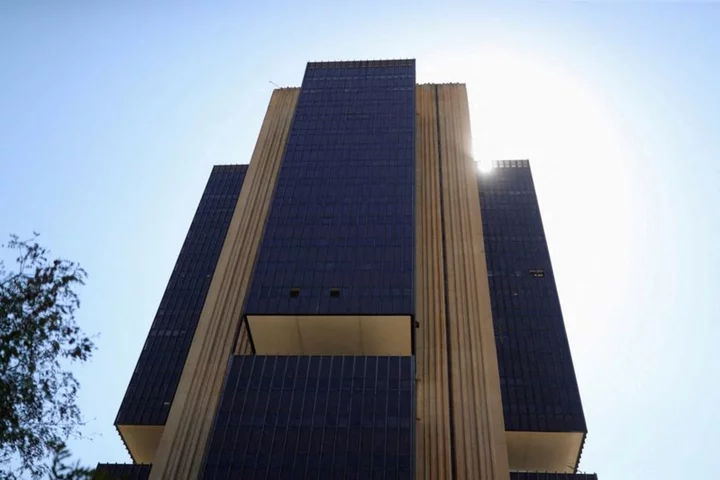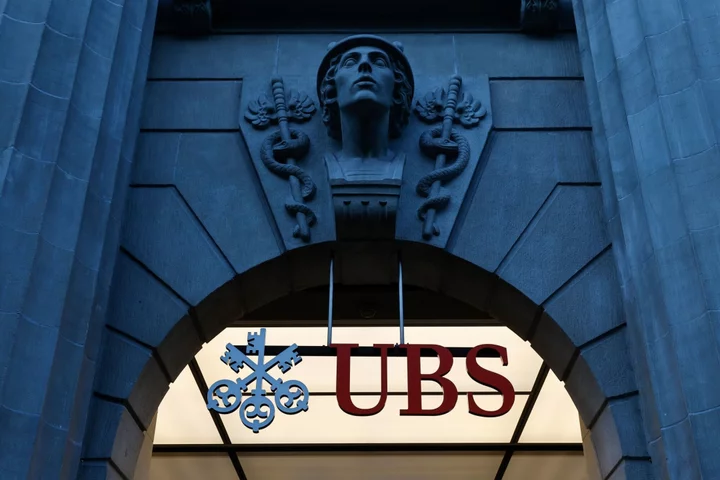Mergers and acquisitions are Wall Street's bread and butter. When companies combine, or one company buys another, it creates opportunities for investors and banks to make money by providing advice or finance for the transaction.
But M&A activity has dried up over the past year as dealmakers contended with rising interest rates and fear of a recession — investment banking powerhouses Goldman Sachs and Morgan Stanley both reported substantial drops in revenue and profit at the end of last year.
Things were beginning to look up again earlier this year as dealmaking appeared to be resuming, but market uncertainty around the self-imposed debt limit and the possibility of a US default has put the kibosh on a comeback.
Before the Bell spoke with Mitch Berlin, EY Americas Vice Chair, Strategy and Transactions, to discuss the effect the debt ceiling drama is having on dealmaking:
This interview has been slightly edited for clarity.
Before the Bell: M&A activity was incredibly low in 2022 and banks suffered as a result. What changes did you see in early 2023 and what brought them on?
Berlin: The back half of 2022 saw a drop off in dealmaking as interest rates rose and valuations stayed elevated. M&A continued to be sluggish coming into 2023 as companies balanced persistent inflation and the high cost of capital against growth and employment, but we were seeing some uptick at the end of the first quarter with March deal value totaling more than January and February combined. Companies are now finding financing difficult due to tightening credit conditions from stress in the banking sector and an uncertain economic outlook, especially the risk from a debt default. Given the difficult financing from traditional sources we expect to see an uptick in private credit.
How does the possibility of default threaten to once again hurt M&A? How bad would it be for the market? Even if a deal is made in the 11th hour, will we see M&A suffer?
Uncertainty around the debt ceiling is threatening to stall any momentum in the M&A market. Building a thesis around deals is already quite difficult given the lack of predictability in the economy, and the growing threat of a default is already challenging the economics for any deals in the works and delaying timing for deals to finalize. If the debt ceiling is not raised within the next few weeks, dealmaking will largely be put on hold and [it] could set M&A dealmaking back to the lows of the early pandemic or worse.
What impact does this have on the broader economy? Why should Main Street care about what's happening on the upper floors of Goldman?
It's hard to predict all the ways a default on US debt would challenge our economy since we've never experienced one, but a failure to raise or suspend the statutory debt limit would trigger severe financial market turbulence that would be widespread and devastating. Main Street is already showing signs of distress with record credit card debt and declining savings, and, according to our EY economists' estimates, a default from not raising the debt limit would result not only in a hit to real GDP of around 5%, causing a self-inflicted recession this summer, but also cost the economy around 5 million jobs.
Is there a pipeline for M&A just waiting to open up when conditions get better? When could that be?
There continues to be a need to transact to transform in this challenging economy. Many companies have stronger balance sheets than they did pre-pandemic and are closely following any declines in target valuations to find strategic and transformative acquisitions, and private equity continues to explore opportunities and build a pipeline but won't pull the trigger until the valuations reconcile to the increased cost of capital. We're expecting a recession that is moderate yet still difficult in the second half of the year, but if we avoid a debt default and the Fed holds rates at current levels for the remainder of the year like we expect, we could see the M&A market start to really recover in Q4 and into early 2024.
American and JetBlue break up
Nothing lasts forever, and the brewing romance between American Airlines and JetBlue has come to an end.
American Airlines and JetBlue Airways will have to break up their alliance on Northeast US flight routes by court order.
What happened: US District Judge Leo Sorokin ruled in favor of the the Justice Department, giving the Biden administration a victory in its lawsuit against the airlines' collaboration, reports my colleague Ramishah Maruf.
The Justice Department filed the lawsuit in 2021, alleging the two companies raised prices and reduced choice for air passengers traveling to and from major cities in the Northeast, such as New York City and Boston.
The airlines will have 30 days to end their partnership — a tough task as the busy summer travel season begins.
What else: In March, the Justice Department also sued to stop JetBlue's $3.8 billion offer to buy Spirit Airlines.
US Attorney General Merrick Garland said the merger would significantly harm consumers, particularly those who depend on the low fares available on the budget Spirit Airlines.
Janet Yellen stands by June 1 debt ceiling deadline
US Treasury Secretary Janet Yellen on Sunday reaffirmed June 1 as the "hard deadline" for the United States to raise the debt ceiling or risk defaulting on its obligations.
While other analysts and rating agencies have placed this so-called X-date later in the summer, Yellen insisted that it would come within the next few weeks.
"I indicated in my last letter to Congress that we expect to be unable to pay all of our bills in early June and possibly as soon as June 1. And I will continue to update Congress, but I certainly haven't changed my assessment. So I think that that's a hard deadline," Yellen said during an interview on NBC's "Meet the Press."
Her reaffirmation came just hours after US President Joe Biden delivered a gloomy outlook on debt ceiling negotiations from Japan. Following a phone call with House Speaker Kevin McCarthy, Biden said that time had run out to use potential unilateral actions to raise the federal borrowing limit, a sharp shift in tone days before the deadline to reach an agreement.
"There will be hard choices to make if the debt ceiling isn't raised," reiterated Yellen after Biden's warning. "And you know, I would simply say since 1789, the United States has a history of paying its bills on time. That's what the world wants to see — a continued commitment to do that. It's what underlies US Treasury securities as the safest investment on the planet. And it's not an acceptable situation for us to be unable to pay our bills."









